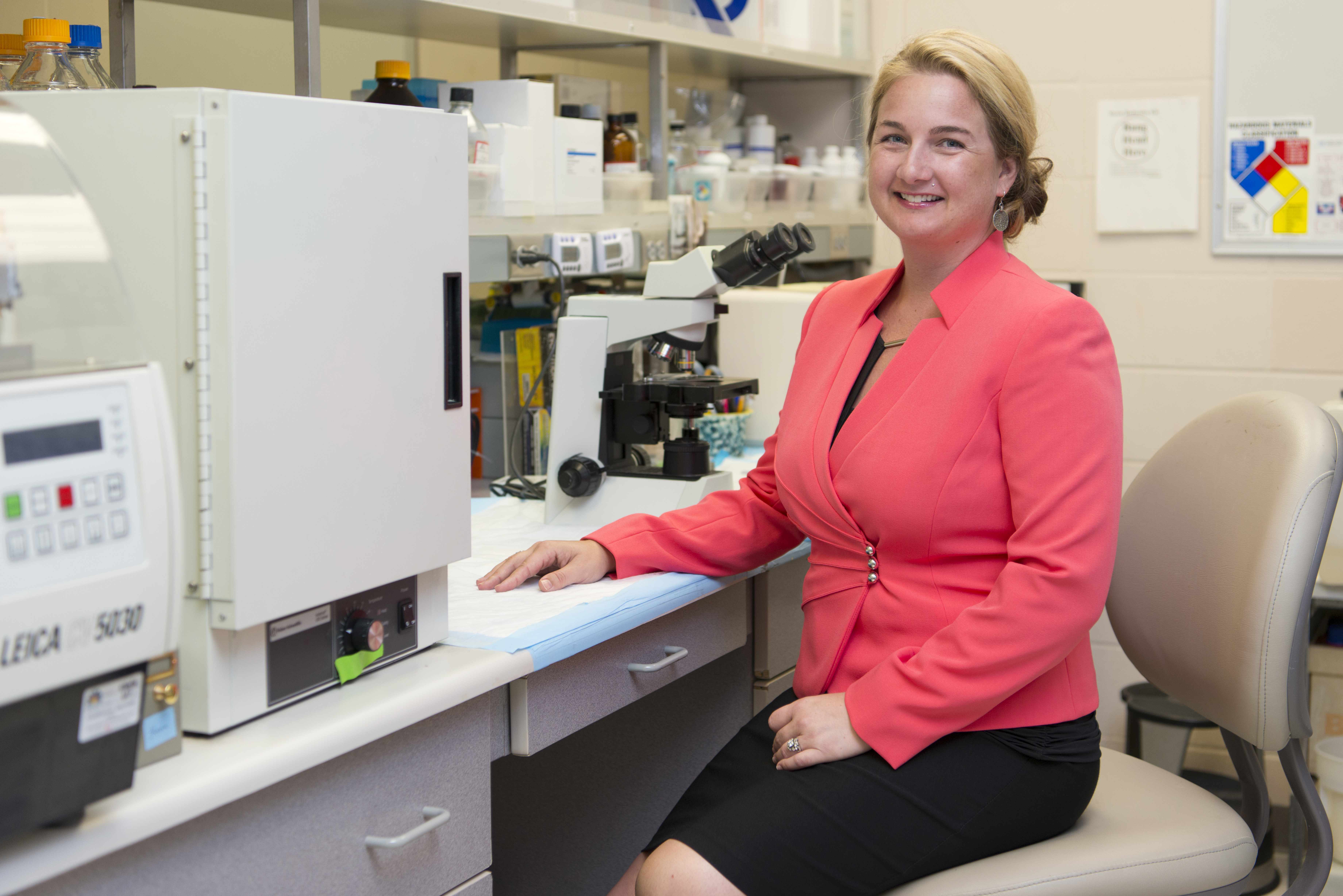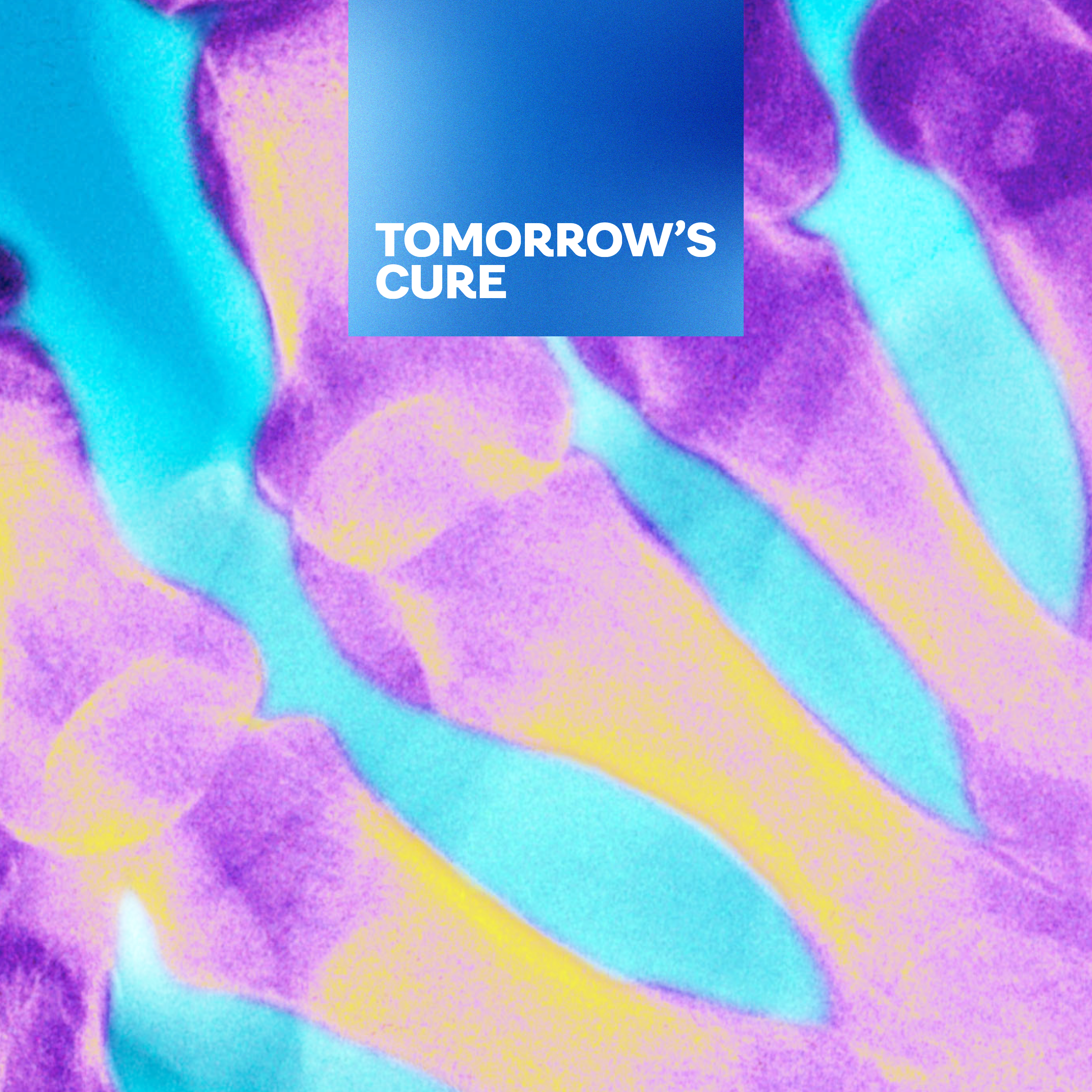-
Featured News
Younger Onset Alzheimer’s Disease Is Poorly Recognized in Men Compared to Women, Mayo Research Suggests
 Mayo neuroscientist Melissa E. Murray, Ph.D., led the study, which suggests a high number of men are not accurately diagnosed during their lifetime. The Alzheimer’s Association issued a news release today about the research findings, which Dr. Murray is presenting at the 2016 Alzheimer’s Association International Conference in Toronto.
Mayo neuroscientist Melissa E. Murray, Ph.D., led the study, which suggests a high number of men are not accurately diagnosed during their lifetime. The Alzheimer’s Association issued a news release today about the research findings, which Dr. Murray is presenting at the 2016 Alzheimer’s Association International Conference in Toronto.
“While it is well accepted that age is the strongest risk factor for Alzheimer’s, there is an enormous need to understand interacting factors that contribute to the development of the disease,” says Dr. Murray, assistant professor of Neuroscience on Mayo’s Jacksonville campus.
Dr. Murray’s team queried the state of Florida’s brain bank for Alzheimer’s cases and identified 1,606 individuals ranging in age from 37 to 102. Demographic and clinical data were collected, including education, family history, age of onset, disease duration, cognitive test results, and presence of known Alzheimer’s risk genes.
At autopsy, the prevalence of women with Alzheimer’s disease was lower in those who died before age 70 and higher in those older than 80.
“This study goes much deeper than just looking at the difference between the number of women and men diagnosed. It calls attention to the process of diagnosis and other lifelong factors that may influence diagnosis and timing and duration of the disease,” says Maria C. Carrillo, PhD, chief science officer, Alzheimer’s Association.
Dr. Murray previously led research that identified tau, rather than amyloid, as the protein driving cognitive decline in Alzheimer’s disease.
This work was supported by the generosity of the Gerstner Family Foundation career development award as well as the Florida Department of Health Ed and Ethel Moore Alzheimer’s Disease Research Program.
###
About Mayo Clinic
Mayo Clinic is a nonprofit organization committed to clinical practice, education and research, providing expert, whole-person care to everyone who needs healing. For more information, visit http://www.mayoclinic.org/about-mayo-clinic or https://newsnetwork.mayoclinic.org/.
MEDIA CONTACT: Kevin Punsky, Mayo Clinic Public Affairs, 507-284 5005, newsbureau@mayo.edu







